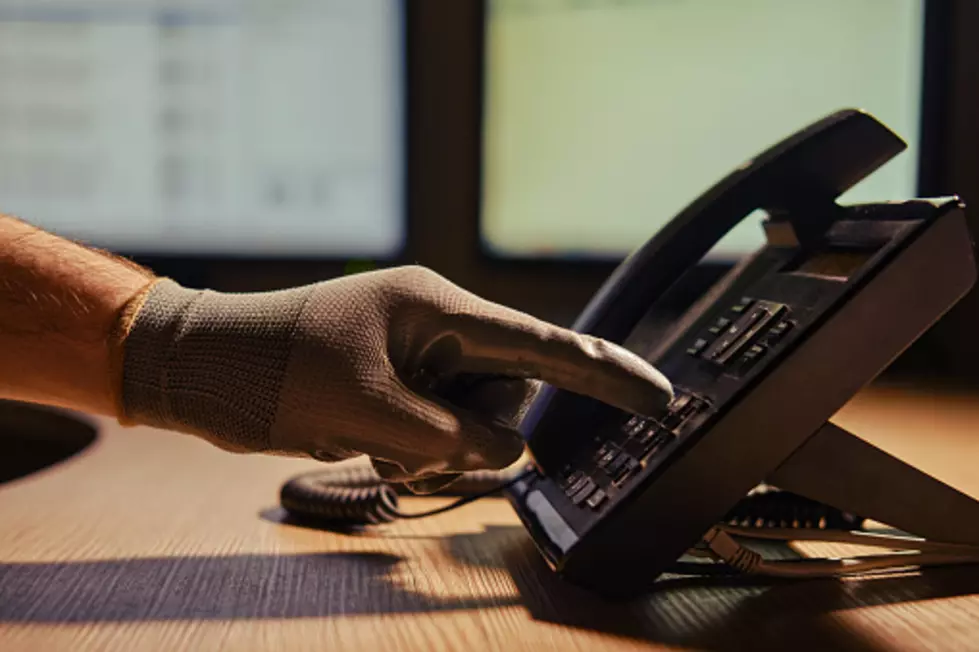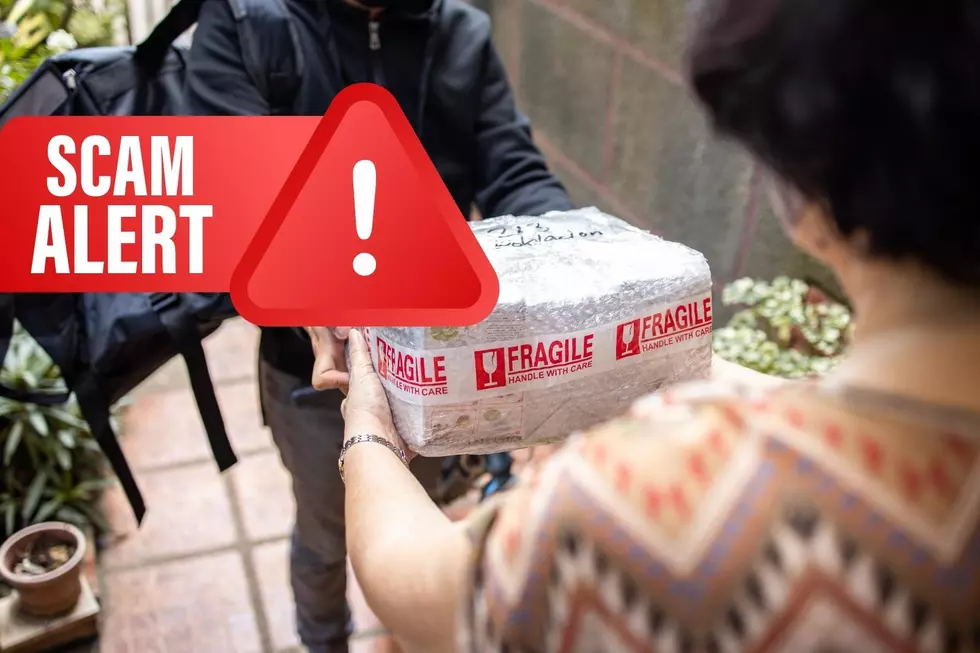
Beware Of Pet Fraud If You’re Adopting A Holiday Dog Or Cat
While 2020 has pretty much sucked for most human beings, it's probably been the best year ever for the family dog or cat.
Look at it from the pet's perspective. Due to pandemic restrictions and closings, you've got people around you a lot more than they've been in the past. You're getting more attention, more treats, more playtime, more walks--in short, everything that a family pet holds dear.
Also, thanks to more time at home due to the pandemic, more people than ever before have adopted a new pet into the household. It's been so nice to see animal shelters getting cleared out of pets who need a good home, and it's been happening at an unprecedented pace.
Something else, unfortunately, that's been happening at a greater pace than ever before is pet fraud.
Pet fraud isn't a concern if you're adopting from reputable places like PAWS, Noah's Ark, or Winnebago County Animal Services. They're run by good people who are dedicated to finding a forever home for the animals they have.
Pet fraud has been mostly perpetrated by online pet sellers, and it's been happening a lot in 2020. The Better Business Bureau (BBB) reports a spike in pet fraud reports, with more than 4,000 reports received in 2020 from the U.S. and Canada. BBB data revealed 337 consumer complaints of puppy scams in November 2020 as COVID-19 restriction increased. In November 2019, there were only 77 complaints.
It mostly goes down like this:
You've been searching online for a particular breed of dog or cat, and you happen upon a website or advertisement that features just the one you want. So, you make contact, strike up a dialog, and agree to purchase the animal that you've fallen in cyber-love with. If the place you're wanting to buy from is somewhere within what you would consider reasonable driving distance, you might ask to see the dog or cat in person before making the purchase.
A seller on the up-and-up would quickly agree to that. A pet fraud scammer won't. And that's the big red flag.
Officials say fraud offenders tell would-be pet owners they cannot meet the animals before sending money. Money is typically sent through apps like Zella or requested through gift cards only. That's your second red flag.
Those who've been scammed out of their money (and have never gotten the dog they wanted to buy) have found out later that the dog in the online photo either doesn't exist, or the photo is of someone else's dog, likely swiped from someone's social media account.
The BBB recommends checking out local animal shelters online for pets you can meet before adopting, or virtually meeting the animal and owner as well as researching the offer before paying, to reduce scam incidents.
LOOK: The least obedient dog breeds
More From WROK 1440 AM / 96.1 FM









